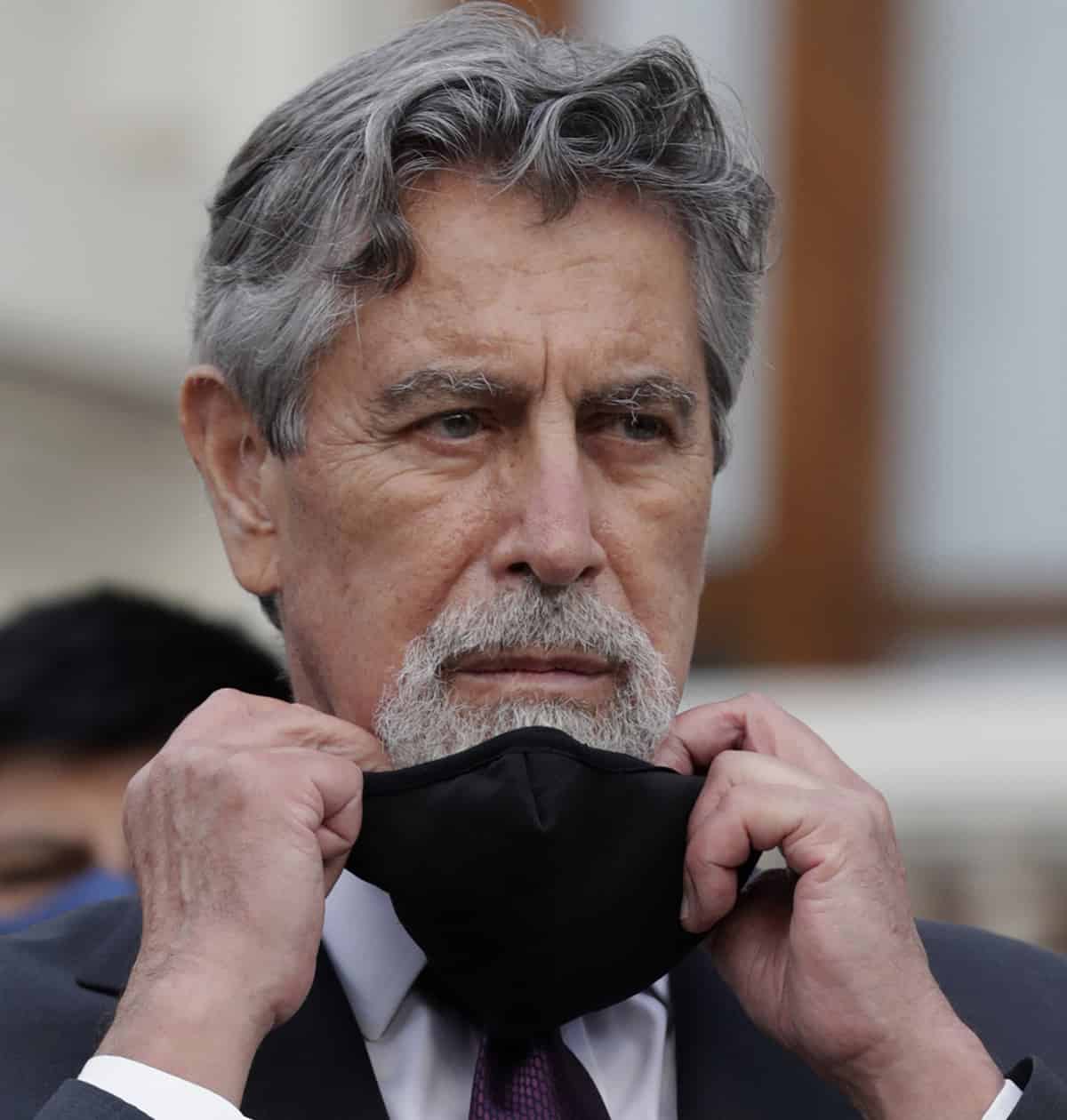Sagasti’s first order of business will be restoring trust in government.

Francisco Sagasti, a first-time legislator from Peru’s centrist Morado Party, will now have to carry the duties of head of state until the next general election, in April 2021. On November 9, his popular predecessor, Martín Vizcarra, was removed after two years and eight months in office on the alleged grounds of “moral incapacity” after clashing with Congress over anti-corruption efforts. Vizcarra was succeeded by Manuel Merino, the head of the parliament, but when protests erupted across the country in the wake of Vizcarra’s impeachment, Merino resigned.
Sagasti’s first order of business will be restoring trust in government. It is perhaps fitting that the formidable task falls on the shoulders of the 76-year-old political novice, whose gray beard and slim figure earned him the nickname Don Quixote. An industrial engineer by training, Sagasti studied at Penn State University and the University of Pennsylvania, and has taught in Peru, Spain and the United States. Early in his career he worked for the World Bank and the United Nations.
Peru has failed to implement needed institutional and constitutional reforms, says Julio Carrión, professor of political science and international relations at the University of Delaware: “As a result, the Congress is full of representatives with shadowy interests, and Vizcarra—who despite some controversies related to his past was committed to ending political corruption—was replaced with one of their own.” The Peruvian people, Carrión continues, rose up against the brazen power grab represented by Merino’s brief ascension to the presidency: “The street forced Congress to choose someone who actually offers some hope of decency and normalcy in the country.”
Although political instability is still possible, Carrión anticipates a relative period of calm from now until the general election. Sagasti, he argues, will be a transitional president, but transitional presidents loom large in recent history. “He offers another opportunity for Peruvian democracy to tackle the unfinished business of political renewal.” A lot, he adds, rides on the choices Peruvians will make at the polls come April.



